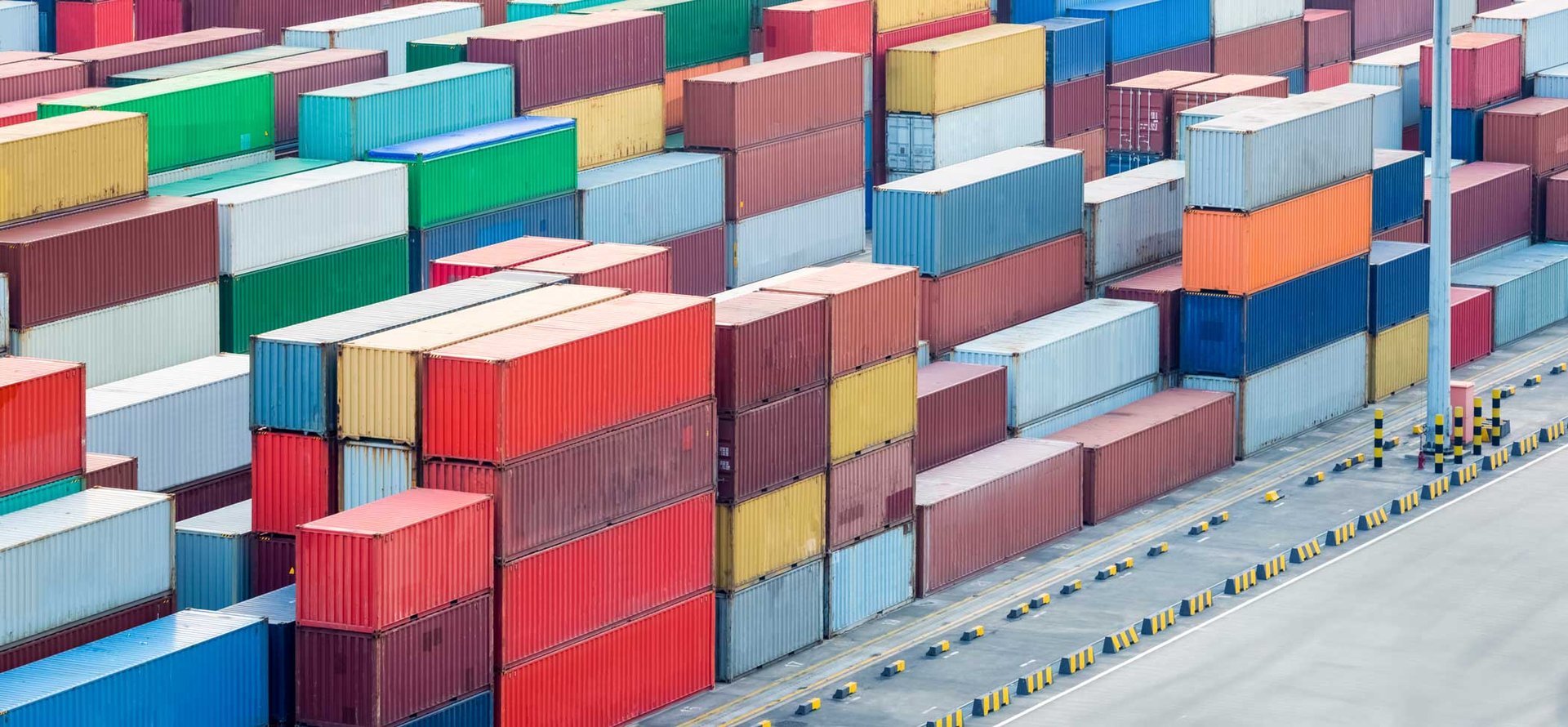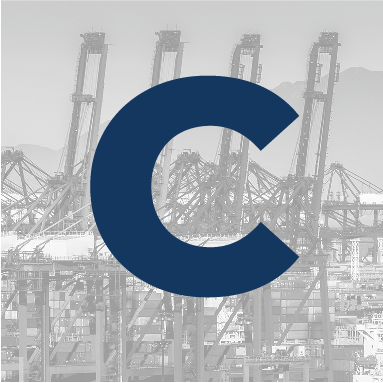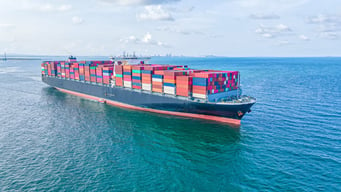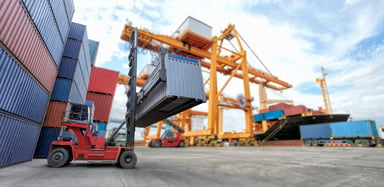
Carriage and Insurance Paid To (CIP)

Home > Freight Glossary > Carriage and Insurance Paid To (CIP)

Trending
Carriage and Insurance Paid To Incoterm
The Carriage and Insurance Paid To Incoterm outlines that the seller must not only pay for the transportation of goods to a named destination but also provide minimum insurance coverage for the goods during transit. However, once the goods are handed over to the first carrier, the risk of loss or damage shifts to the buyer. The buyer is then responsible for any additional costs and risks beyond the agreed point of delivery.
Responsibilities Under CIP
Seller’s Responsibilities in CIP Transactions
- Transportation: The seller arranges and pays for the transportation of the goods to the named destination.
- Insurance: The seller provides insurance coverage, at least to the minimum required under the Incoterms, to cover the buyer’s risk during transit.
- Export Clearance: The seller is responsible for handling all export customs clearance and documentation.
- Risk Transfer: While the seller covers the transport and insurance, the risk transfers to the buyer once the goods are handed over to the first carrier.
Buyer’s Responsibilities in CIP Arrangements
- Risk Management: Once the goods are handed over to the first carrier, the buyer assumes all risks, even though the seller covers insurance up to the destination.
- Import Duties: The buyer handles import customs clearance and pays any associated duties and taxes at the destination.
- Final Delivery: The buyer may need to arrange for further transport from the final destination terminal to the end location, depending on the specific terms agreed upon.
Insurance Coverage in CIP
Insurance Requirements Under CIP
One of the defining features of CIP is that the seller is obligated to provide insurance for the goods being shipped. This insurance must cover at least the minimum protection (usually 110% of the value of the goods) as defined by the Incoterm rules. While the seller arranges and pays for the insurance, it is important for the buyer to understand that this is a minimum coverage, and they may wish to purchase additional insurance for greater protection.
Handling Claims and Disputes
In case of loss or damage to the goods during transit, the buyer can claim insurance. However, since the risk transfers when the goods are handed over to the first carrier, it is crucial for buyers to promptly inspect the goods upon delivery and address any claims directly with the insurance provider or carrier.
Transportation and Logistics
Transportation Methods Common in CIP Deals
CIP can be used across multiple modes of transport, including:
- Road and Rail: Common for domestic and regional shipments where the goods travel by land.
- Air Freight: Used for time-sensitive or high-value goods that require fast delivery.
- Sea Freight: While CIP is often used in business cip transactions, sea freight is commonly employed for large, bulk shipments, similar to CIF (Cost, Insurance, and Freight).
Coordination and Management of Logistics Under CIP
The seller must coordinate logistics up to the destination, ensuring that all carriers involved in the transportation process are reliable and that the insurance covers the entire journey. The buyer, however, should be ready to manage logistics beyond the agreed destination if additional transportation is required.
Financial Considerations
Costs Associated with CIP Transactions
CIP includes the cost of goods, transportation to the named destination, and insurance, which is arranged and paid for by the seller. Additional costs incurred after the risk transfer, such as import duties, taxes, and local delivery charges, are the responsibility of the buyer.
How Pricing Works in CIP Agreements
In CIP pricing, the seller’s price will include the cost of transportation and the cost of insurance up to the destination. Buyers need to be aware that while this price may seem higher than other Incoterms, the seller is covering both freight and insurance costs, offering a comprehensive shipping solution.
CIP vs. CIF (Cost, Insurance, and Freight)
While both CIP and CIF involve the seller covering transportation and insurance costs, the key difference lies in their application and scope:
- CIP applies to all modes of transport, including air and road.
- CIF is specific to sea freight.
- In CIF, the seller’s responsibility ends once the goods are loaded onto the ship, whereas in CIP, the seller’s responsibility extends to delivering the goods to the agreed destination.
Practical Examples of CIP in Action
Example 1: Electronics Shipment via Air Freight
A U.S. electronics manufacturer sells goods to a retailer in Germany under CIP terms. The seller arranges air freight to Frankfurt and provides insurance covering the value of the goods during transit. Once the goods are handed over to the airline, the buyer assumes the risk, but the insurance covers the shipment until it reaches Frankfurt airport.
Example 2: Machinery Export via Sea Freight
A Chinese manufacturer exports machinery to a buyer in Canada using CIP. The seller arranges for sea freight to the Port of Vancouver and covers insurance up to that point. The risk transfers to the buyer once the goods are loaded onto the first carrier in China, but the seller’s insurance covers the goods until they reach the port in Canada.
Contact

Ocean Freight

Road Freight








